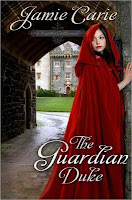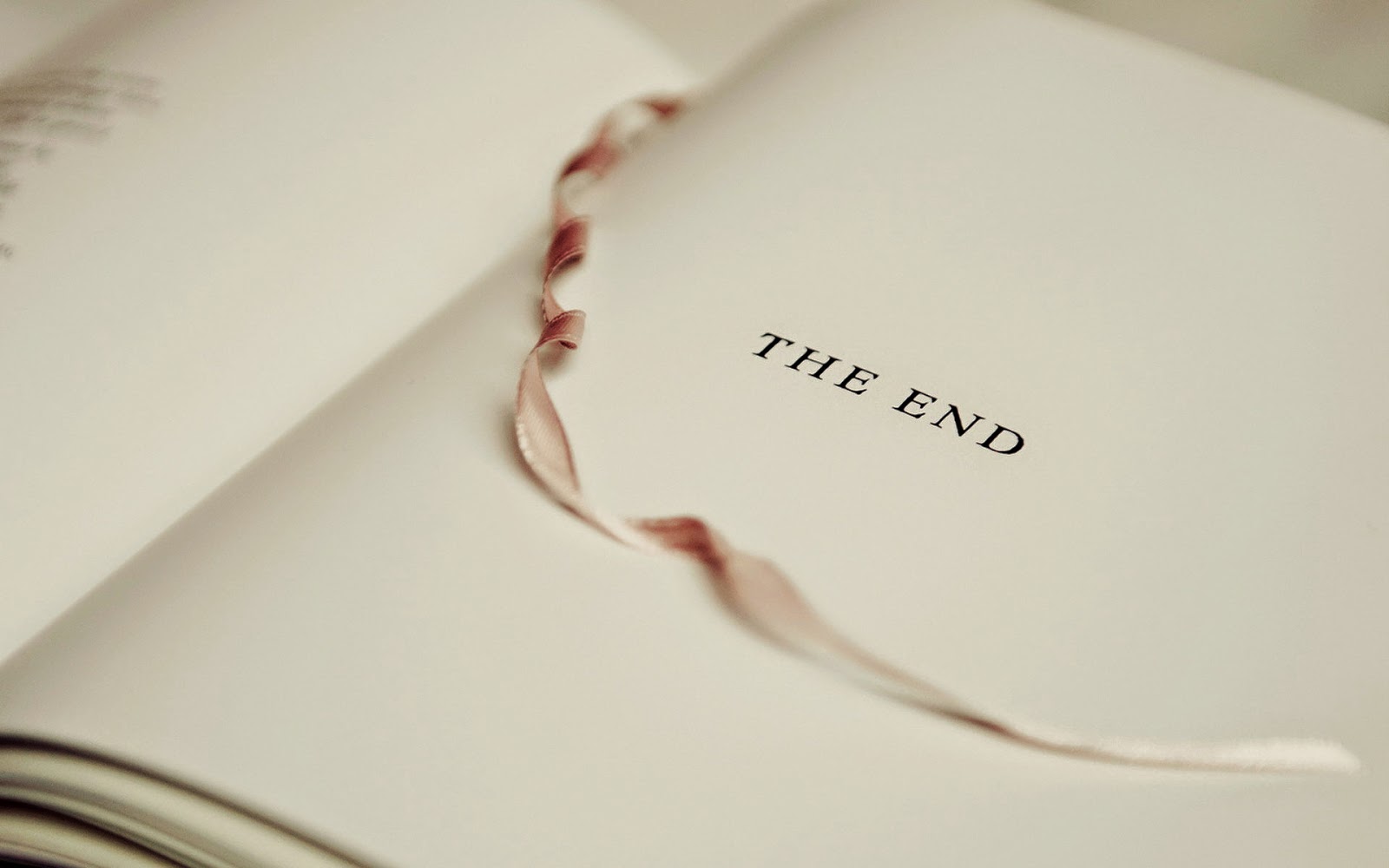Sound like fun? Let’s take a look at the first one. I’ll give you the back cover blurb and a short, two or three sentence review, of each.
**Two Books I've Read:
Maid of Fairbourne Hall – Julie Klassen
Pampered Margaret Macy flees London in disguise to escape pressure to marry a dishonorable man. With no money and nowhere else to go, she takes a position as a housemaid in the home of Nathaniel Upchurch, a suitor she once rejected in hopes of winning his dashing brother. Praying no one will recognize her, Margaret fumbles through the first real work of her life. If she can last until her next birthday, she will gain an inheritance from a spinster aunt--and sweet independence. But can she remain hidden as a servant even when prying eyes visit Fairbourne Hall?
Observing both brothers as an "invisible" servant, Margaret learns she may have misjudged Nathaniel. Is it too late to rekindle his admiration? And when one of the family is nearly killed, Margaret alone discovers who was responsible. Should she come forward, even at the risk of her reputation and perhaps her life? And can she avoid an obvious trap meant to force her from hiding?
On her journey from wellborn lady to servant to uncertain future, Margaret must learn to look past appearances and find the true meaning of "serve one another in love."
My Review – As an avid devotee of both Julie Klassen and anything having to do with the upper class vs. the servants, I was immediately hooked by Klassen’s newest. With intriguing plot twists and a sweet romance, this was a great read. I read it in two days (and it’s a really long book)! Highly recommended for anyone who loves the novels of Jane Austen or Charlotte Bronte!
Heiress – Susan May Warren
The beautiful heiress daughters of newspaper magnate August Price have been given everything their hearts desire. But what if they want only to be loved--without an enormous price tag attached? When one daughter pursues a desirable marriage, she secures for herself a comfortable and glamorous life. But among the duties of privilege, will she also find the happily-ever-after she seeks? Her sister rejects the trappings of wealth, choosing instead to build a new life on the still-untamed frontier. Will she find happiness in independence or discover that she's left her heart behind in New York's glittering society? Set in the opulent world of the Gilded Age, each woman discovers that being an heiress just might cost her everything--including the chance for true love.
My Review – Beautiful! No other word to describe book one in the “Daughters of Fortune Series.” Warren’s prose sweeps readers away to the Gilded Age and her descriptions are some of the most vivid I’ve ever read. A highly engaging story of two sisters living in an age that was anything but innocent. Loved it!
**Now here’s two books I want to read. I’ll give the back cover blurb of each and the reason I want to read the book.
 The Guardian Duke – Jamie Carie
The Guardian Duke – Jamie Carie The Guardian Duke, is award-winning novelist Jamie Carie’s most exciting story yet, a uniquely arranged Regency-era romantic adventure where hero and heroine know each other through written letters but have yet to meet.
Gabriel, the Duke of St. Easton, is ordered by the King to take guardianship over Lady Alexandria Featherstone whose parents are presumed dead after failing to return from a high profile treasure hunt. But Alexandria ignores this royal reassignment, believing her parents are still alive and duly following clues that may lead to their whereabouts. Gabriel, pressured by what are actually the King’s ulterior motives, pursues her across windswept England and the rolling green hills of Ireland but is always one step behind.
When they do meet, the search for earthly treasure will pale in comparison to what God has planned for both of them.
My Thoughts – Maybe it’s because I love reading anything with the word “duke” in the title, or maybe because it’s set in England. All I know is this book looks soooo good and it is definitely on my want to read list for 2012!
To Die For – Sandra Byrd
 To Die For, is the story of Meg Wyatt, pledged forever as the best friend to Anne Boleyn since their childhoods on neighboring manors in Kent. When Anne’s star begins to ascend, of course she takes her best friend Meg along for the ride. Life in the court of Henry VIII is thrilling at first, but as Anne’s favor rises and falls, so does Meg’s. And though she’s pledged her loyalty to Anne no matter what the test, Meg just might lose her greatest love—and her own life—because of it.
To Die For, is the story of Meg Wyatt, pledged forever as the best friend to Anne Boleyn since their childhoods on neighboring manors in Kent. When Anne’s star begins to ascend, of course she takes her best friend Meg along for the ride. Life in the court of Henry VIII is thrilling at first, but as Anne’s favor rises and falls, so does Meg’s. And though she’s pledged her loyalty to Anne no matter what the test, Meg just might lose her greatest love—and her own life—because of it.Meg's childhood flirtation with a boy on a neighboring estate turns to true love early on. When he is called to follow the Lord and be a priest she turns her back on both the man and his God. Slowly, though, both woo her back through the heady times of the English reformation. In the midst of it, Meg finds her place in history, her own calling to the Lord that she must follow, too, with consequences of her own. Each character in the book is tested to figure out what love really means, and what, in this life, is worth dying for.
Though much of Meg’s story is fictionalized, it is drawn from known facts. The Wyatt family and the Boleyn family were neighbors and friends, and perhaps even distant cousins. Meg’s brother, Thomas Wyatt, wooed Anne Boleyn and ultimately came very close to the axe blade for it. Two Wyatt sisters attended Anne at her death, and at her death, she gave one of them her jeweled prayer book—Meg.
My Thoughts – I love Tudor England, and the stories of King Henry VIII’s wives have always intrigued me. Thus, I was so excited to discover this book, written by the talented Sandra Byrd. Plus, it’s loosely based on a real person which I love. Gotta get my hands on this book!
There you have it. Two books I have read and two books I want to read. Hope you had fun!
Happy Reading!
Amanda
Your Turn – What two books have you read and what two books do you want to read?






